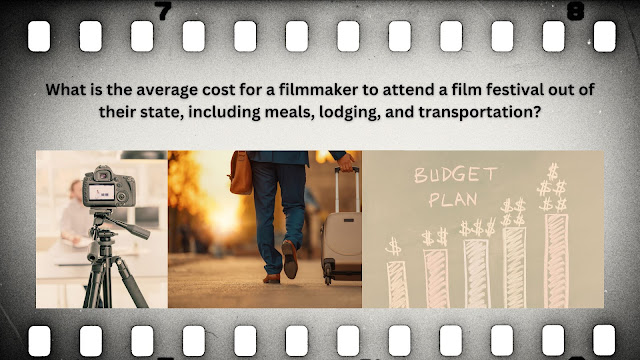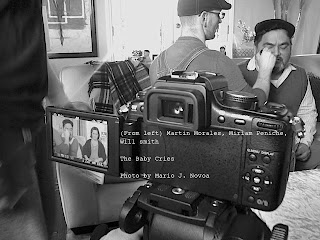Michael Curtiz Directed Over 170 Films! Casablanca Was Just One of Them
Biography & Filmmaker Montage
 American director of Hungarian origin, Oscar-winner. He received his diploma from the School for Dramatic Arts in 1906. He then went to live in Pécs, then Szeged. He made his first film in 1912. The next year he went on a study tour to Denmark to study the newest achievements of the new art in the studios of the then flourishing Nordisk company. Here he worked as assistant and director, acting as the main character in Atlantis (1913). Having returned in 1914, he went to the Jenö Janovics film production company in Kolozsvár (Cluj). In 1915, he moved back to the capital. In 1916 he worked for Kinoriport, then as a director for Phönix until late 1918. He shot a total of 38 films in Hungary. In 1919, he filmed the popular poem by Antal Farkas with the title Jön az öcsém (1919). During the Commune, he settled down in Vienna. He was one of the most productive and most educated artists in Hungary at the beginning of the silent film era.
American director of Hungarian origin, Oscar-winner. He received his diploma from the School for Dramatic Arts in 1906. He then went to live in Pécs, then Szeged. He made his first film in 1912. The next year he went on a study tour to Denmark to study the newest achievements of the new art in the studios of the then flourishing Nordisk company. Here he worked as assistant and director, acting as the main character in Atlantis (1913). Having returned in 1914, he went to the Jenö Janovics film production company in Kolozsvár (Cluj). In 1915, he moved back to the capital. In 1916 he worked for Kinoriport, then as a director for Phönix until late 1918. He shot a total of 38 films in Hungary. In 1919, he filmed the popular poem by Antal Farkas with the title Jön az öcsém (1919). During the Commune, he settled down in Vienna. He was one of the most productive and most educated artists in Hungary at the beginning of the silent film era.
Biography
Michael Curtiz - Biography - IMDb


